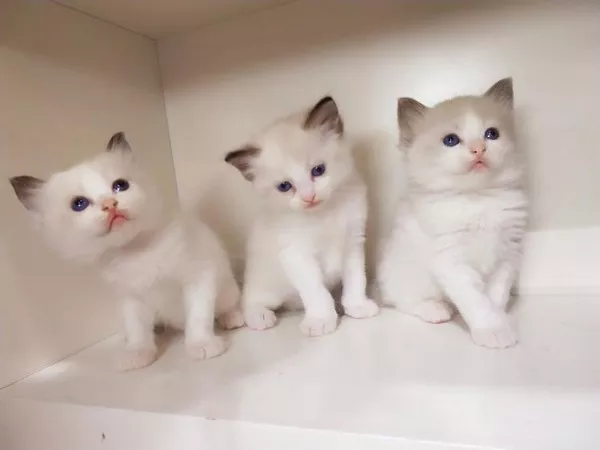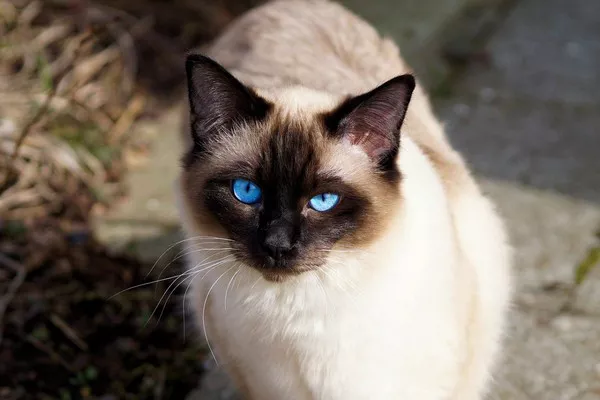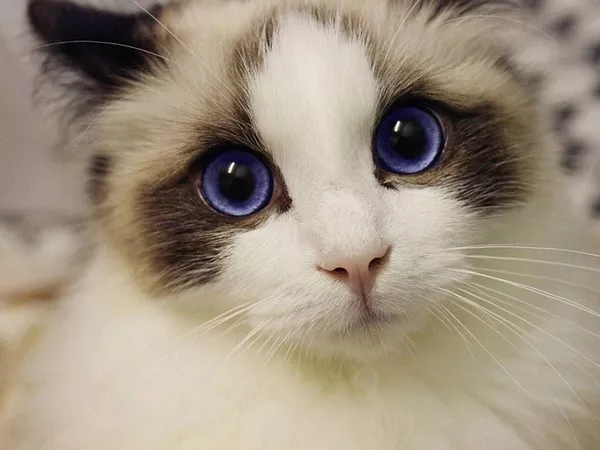Feline reproduction is a fascinating and important aspect of cat biology. As responsible pet owners, understanding when cats can get pregnant is crucial for effective breeding management and prevention of unwanted pregnancies. In this article, we delve into the topic of feline reproductive maturity, discussing the age at which cats can conceive and the factors that influence their ability to reproduce. By gaining insights into the reproductive timeline of our feline friends, we can make informed decisions regarding their reproductive health.
The Puberty Stage:
The onset of sexual maturity in cats, known as puberty, marks the beginning of their reproductive capacity. Although the exact age at which cats reach puberty can vary significantly between individuals, it typically occurs between 5 and 9 months of age. Certain factors such as breed, genetics, and environmental conditions can influence the timing of puberty in cats. Smaller breeds tend to reach sexual maturity earlier than larger breeds, while individual variations are also observed within breeds.
Estrus Cycle and Ovulation:
Once a female cat reaches puberty, she starts cycling through the phases of the estrus cycle, commonly referred to as “heat.” The estrus cycle consists of four stages: proestrus, estrus, metestrus, and anestrus. During the estrus stage, which lasts approximately 4-7 days, the female cat becomes receptive to mating and ovulation occurs. It is important to note that cats are induced ovulators, meaning they require stimulation from mating or artificial means to release eggs for fertilization.
Optimal Breeding Age:
While cats can technically conceive once they reach puberty, it is essential to consider their overall health and well-being before allowing them to breed. Most experts recommend waiting until cats are at least one year old before considering breeding. This additional time allows the cat to fully mature physically, mentally, and emotionally. Additionally, it allows for proper screening of genetic diseases, ensuring healthier offspring.
Risks of Early Pregnancy:
Allowing cats to become pregnant at too young an age can have detrimental effects on both the mother and her offspring. Kittens that conceive when they are still growing may experience stunted development, leading to health problems later in life. The young mother cat, often lacking the necessary physical and emotional maturity, may struggle with pregnancy, labor, and caring for the kittens adequately.
Managing Feline Reproduction:
To prevent unwanted pregnancies and ensure responsible breeding practices, it is recommended to spay or neuter your pet cat. Spaying a female cat involves removing the ovaries and uterus, while neutering a male cat involves removing the testicles. These procedures effectively eliminate the ability to reproduce and offer numerous health benefits for your pet, including the prevention of certain reproductive cancers.
Early signs a cat is pregnant:
1. Changes in behavior: Pregnant cats might become more affectionate or seek more attention from their owners. Some may become more reserved and prefer quiet and secluded areas.
2. Nipple changes: Around two to three weeks into the pregnancy, a cat’s nipples may become larger, pinker, and more prominent.
3. Increased appetite: Pregnant cats often experience an increase in appetite. They may start eating more or become more interested in food.
4. Weight gain: A pregnant cat will gradually gain weight as her pregnancy progresses. This weight gain is usually noticeable after a few weeks.
5. Abdominal changes: As the pregnancy advances, a pregnant cat’s abdomen will start to enlarge. It may appear swollen or rounded.
6. Nesting behavior: In preparation for giving birth, some pregnant cats may exhibit nesting behaviors. They might try to create a cozy space by rearranging bedding or searching for a suitable place to give birth.
7. Morning sickness: Just like humans, some cats may experience morning sickness during the early stages of pregnancy. They may vomit or have a decreased appetite temporarily.
It’s important to note that these signs are not definitive proof of pregnancy. If you suspect that your cat might be pregnant, it’s best to consult with a veterinarian who can perform a thorough examination to confirm the pregnancy and provide appropriate care.
Conclusion:
Understanding the age at which cats can get pregnant is crucial for responsible pet ownership. While cats reach sexual maturity around 5-9 months of age, it is generally advisable to wait until they are at least one year old before considering breeding. This allows the cats to mature physically and mentally, reducing the risk of complications during pregnancy and birth. However, to prevent unwanted pregnancies, it is highly recommended to spay or neuter your pet cat. By making informed decisions about feline reproduction, we can ensure the well-being of our beloved feline companions.























